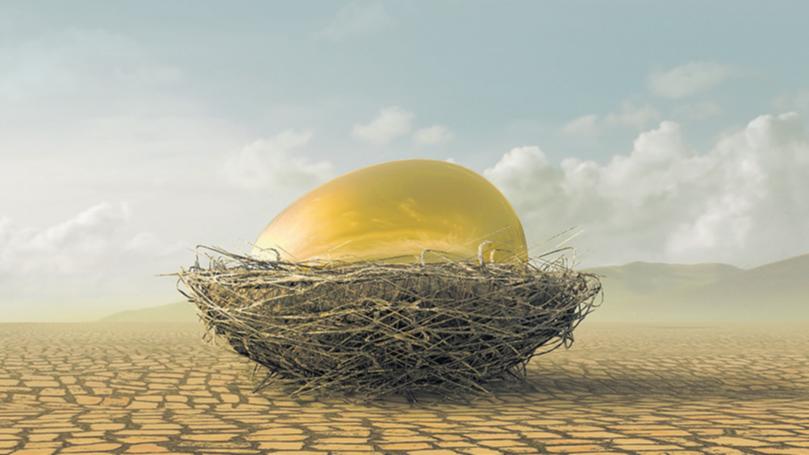Market mayhem offers crash course in devilish details of superannuation
More than half of Australia’s retirement savings are directly exposed to a share market crash thanks to the high-risk settings of most superannuation funds.

More than half of Australia’s retirement savings are directly exposed to a share market crash thanks to the high-risk settings of most superannuation funds.
And the default settings of many highly regarded super funds have commercial property, corporate debt and infrastructure plays which are also heavily exposed to the market fortunes.
All of these investments face big hits if the summer cold being suffered on New York’s highly influential investment markets and the anxiety in Tokyo turn into massive plunges in shares in coming weeks.
Sign up to The Nightly's newsletters.
Get the first look at the digital newspaper, curated daily stories and breaking headlines delivered to your inbox.
By continuing you agree to our Terms and Privacy Policy.Australians have enjoyed the full benefit of generally rising investment markets since the governments around the world began borrowing to save the world from a massive economic downturn during the global financial crisis of 2008 and 2009.
Super funds describe themselves as being balanced even if they hold up to 70 per cent of high-risk growth investments such as shares, privately traded business investments and commercial property holdings.
These private plays are the favourites of industry super funds who argue they provide a buffer against market fluctuations — such as those suffered by Australian shares last Friday and on Monday — their biggest fall since 2020.
Australian shares staged a marginal recovery on Tuesday after US markets kept heading down again on Monday. But investors remain braced for more volatility as America shares tumble from records high set in July.
About $750 billion of the $2.6 trillion super savings managed by big funds is invested in shares listed in overseas markets. About $600b is invested in domestic stocks.
This means that the value of Australia’s retirement savings pool could easily plunge more than $500 billion if there is a big fall in share markets — and possibly more if it takes more than a few days for markets to recover.
People with the money invested in retail funds managed by private managers such as IOOF, Colonial First State and Mercer tend to have higher proportions of their portfolios directly exposed to the daily fluctuations in investment markets.
In structures that leave many mainstream investment advisers uncomfortable when assessing industry funds, popular players such as AustralianSuper, Cbus, Hostplus and Care Super tend to invest heavily in assets not traded on public markets.
These heavily-invested-in privately held assets give the industry funds a buffer when markets crash, or even when there is a moderate downturn.
One of the most aggressively set industry funds Hostplus has enjoyed returns averaging more than 10 per cent over the past decade thanks to a portfolio with big holdings of private debt, plus about 20 per cent of its portfolioin privately managed propertyand shares.
The Australian Prudential Regulation Authority recently warned funds to make sure they are keeping their valuations of private property investments up to date given the slumps in the value of commercial property since COVID-19 lockdowns began in early 2020.
But in a highly self-regulated market for categorising different investments, the individual funds are able to put their own risk categories on investment categories and use ambiguous terms, such as alternative and private debt, to classify what may well be higher risk investments.
The construction industry super fund Cbus is recorded as having more than 13 per cent of the money in its default fund, invested in infrastructure plays that are not traded on public markets.
Originally published as Market mayhem offers crash course in devilish details of superannuation
